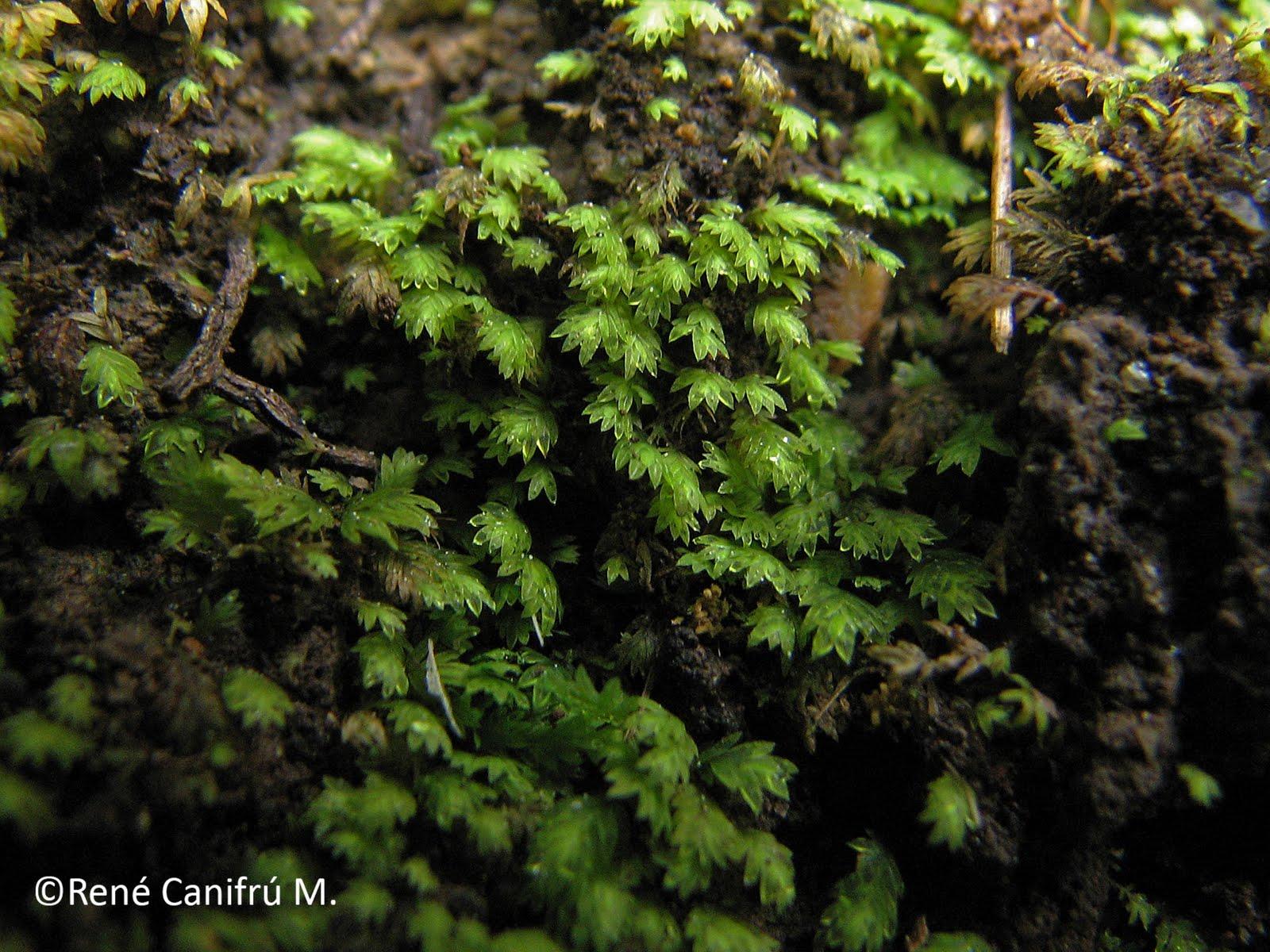
Fissidens-crispus.jpg from: https://musgosyliquenes.blogspot.com/2011/04/fissidens-crispus.html
Introduction
In the vast and captivating world of bryophytes, the Fissidens crispus Mont. moss stands out as a true marvel. Belonging to the Fissidentaceae family, this unassuming yet remarkable plant has captured the hearts of moss enthusiasts worldwide. Let’s delve into the fascinating realm of this crispus moss, exploring its unique characteristics, global distribution, and ecological significance.
Background
Before we dive into the intricacies of Fissidens crispus Mont., it’s essential to understand the broader context of bryophytes. These non-vascular plants, collectively known as Bryophyta
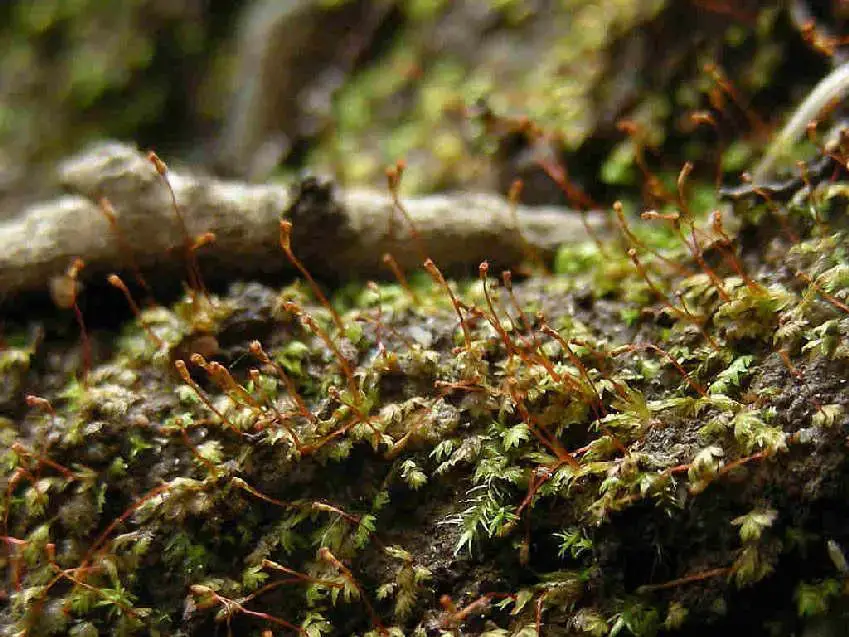
Fissidens_crispus_3c.JPG from: https://cisfbr.org.uk/Bryo/Cornish_Bryophytes_Fissidens_crispus.html
, encompass mosses, liverworts, and hornworts. They are among the oldest land plants on Earth, dating back to the Paleozoic era, and play crucial roles in various ecosystems.
Main Content
Morphology and Identification
Fissidens crispus Mont. is a small, acrocarpous moss that forms dense, cushion-like tufts or mats. Its leaves are distinctively crisped or curled when dry, giving it a unique and easily recognizable appearance. The leaves are arranged in two rows along the stem, creating a characteristic fissidens (split or cleft) appearance. This moss is typically green
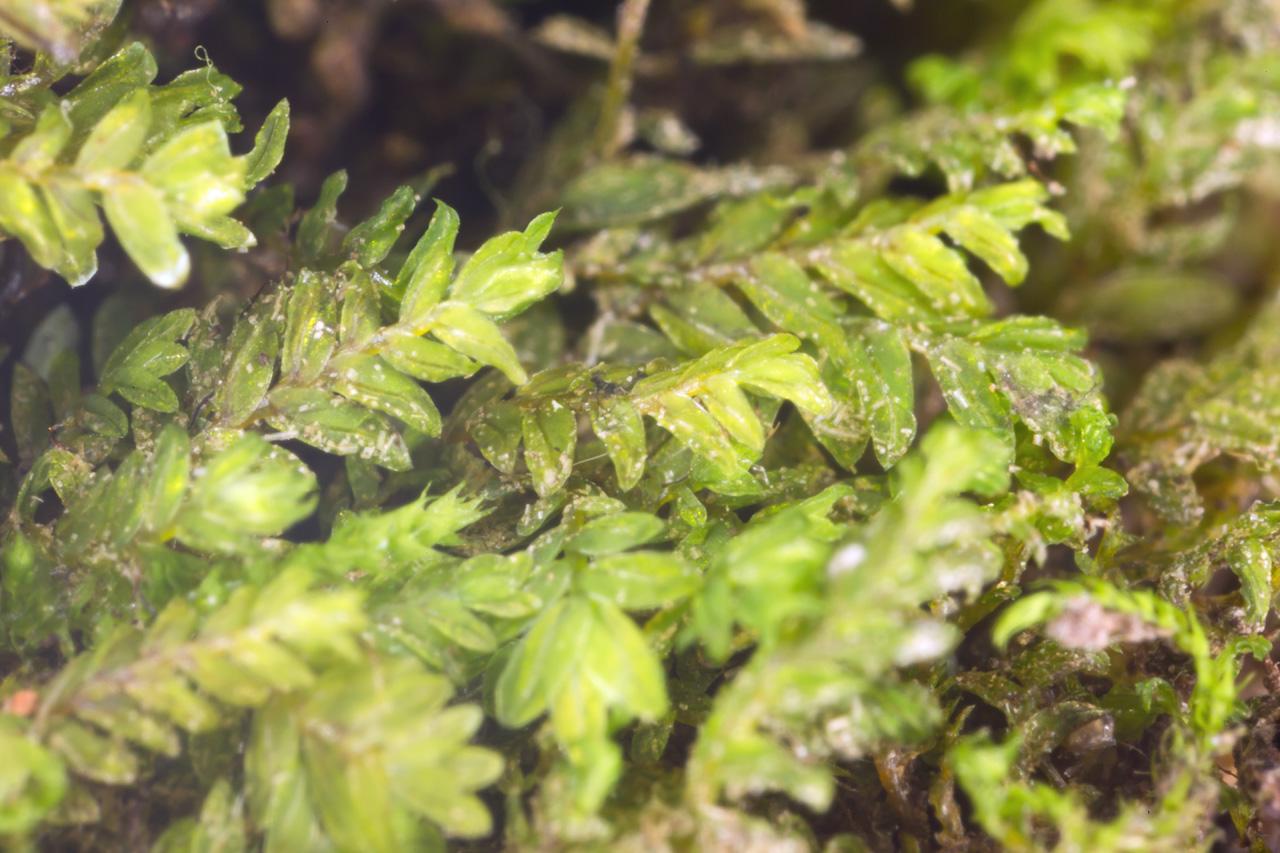
f_crispus9.jpg from: https://wnmu.edu/academic/nspages/gilaflora/fissidens_crispus.html
to yellowish-green in color and can range from a few millimeters to several centimeters in height.
Global Distribution and Habitat
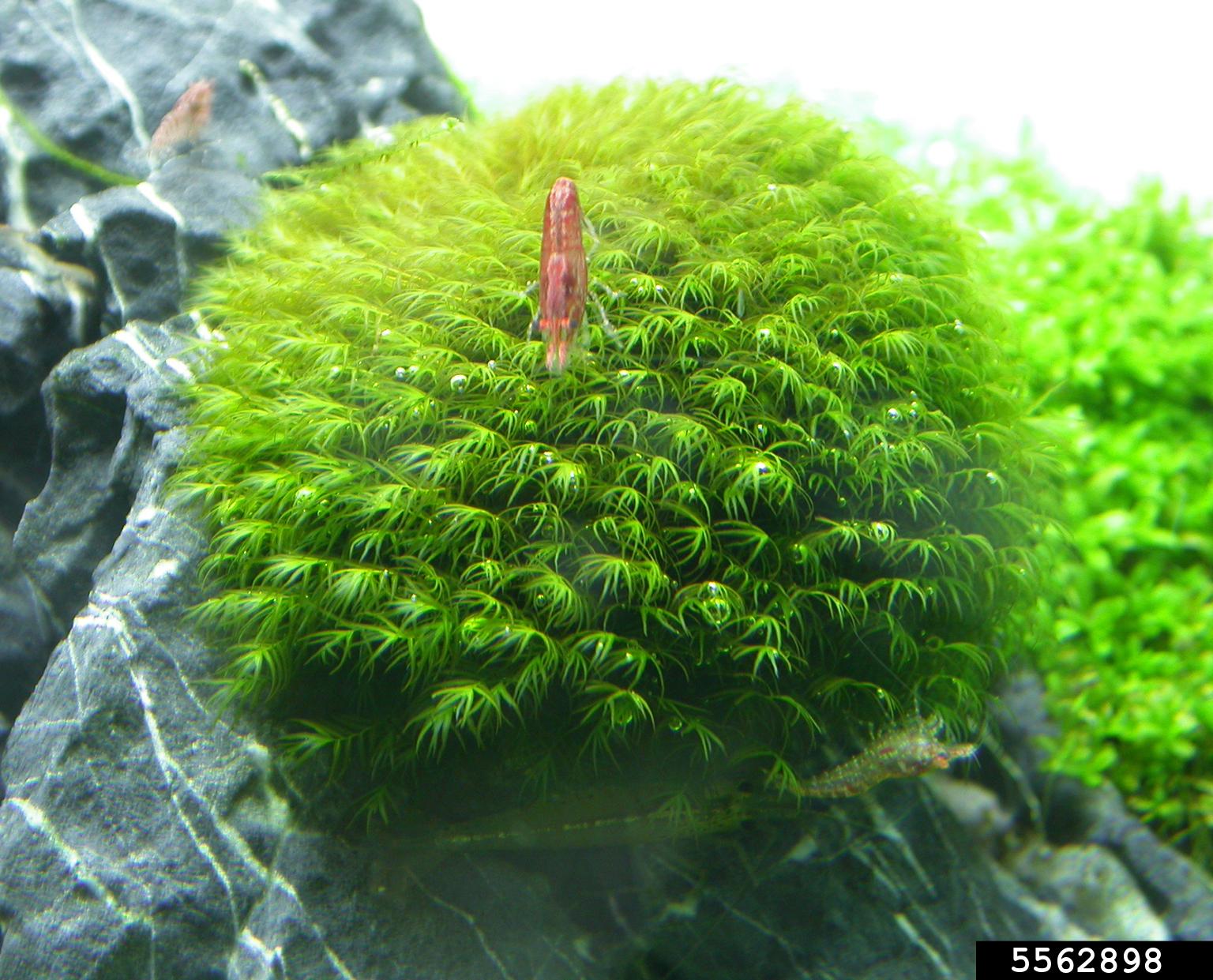
5562898.jpg from: https://www.ipmimages.org/browse/detail.cfm?imgnum=5562898
Fissidens crispus Mont. is widely distributed across various regions of the world, including Europe, Asia, Africa, and North America. It thrives in a variety of habitats, such as moist soil, rocks, tree bark, and even disturbed areas like roadsides and gardens. This moss is particularly fond of shaded, humid environments, making it a common sight in forests, woodlands, and other damp, sheltered locations.
Ecological Roles and Adaptations
Despite its diminutive size, Fissidens crispus Mont. plays a vital role in its ecosystem. It contributes to soil formation and moisture retention, creating a suitable environment for other plants and organisms to thrive. Additionally, this moss serves as a microhabitat for various invertebrates, providing shelter and food sources.
One of the remarkable adaptations of Fissidens crispus Mont. is its ability to withstand desiccation. When conditions become dry, the leaves curl inward, protecting the delicate inner tissues from excessive water loss. This remarkable trait allows the moss to survive in environments with intermittent moisture availability.
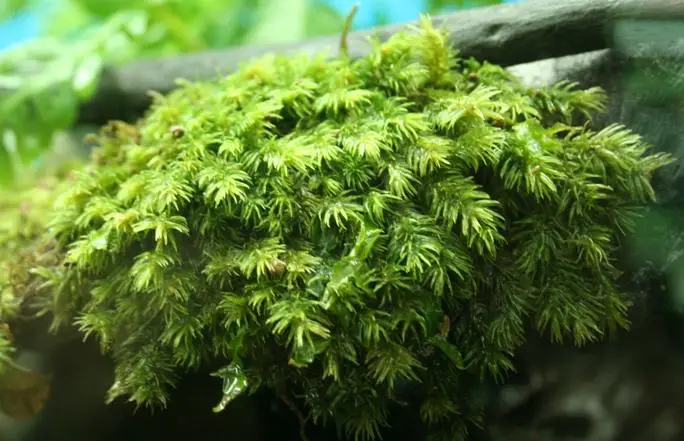
IMG_4746.JPG from: https://www.aquaticquotient.com/forum/showthread.php/25486-Terrestrial-fissidens-moss-)
Case Studies/Examples
In a recent study conducted in a temperate forest in North America, researchers discovered that Fissidens crispus Mont. played a crucial role in maintaining soil moisture levels and facilitating the growth of other plant species. The moss’s dense mats acted as a sponge, absorbing and retaining water, creating a favorable microclimate for seedling establishment and growth.
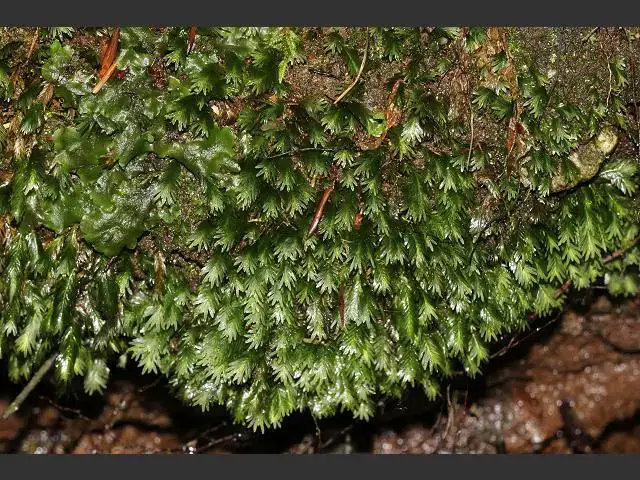
moss_fissidens_species_15-11-10_3.jpg from: https://www.aphotoflora.com/moss_fissidens_species.html
Technical Table
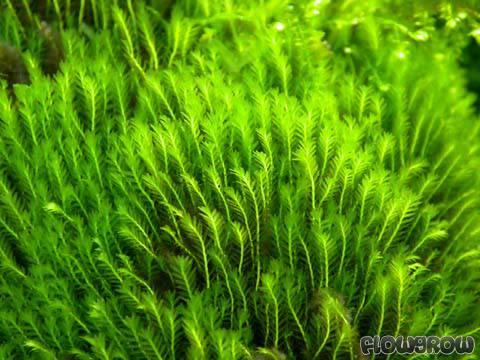
fissidens-crispulus-4f7a025e6610b.jpg from: https://www.flowgrow.de/db/aquaticplants/fissidens-crispulus
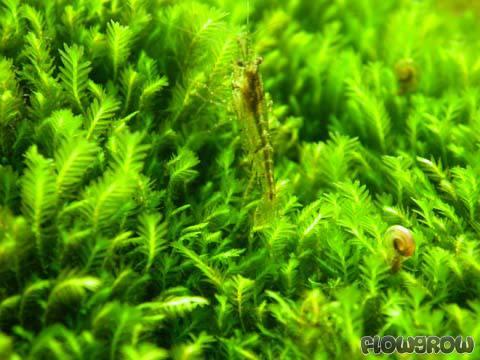
fissidens-crispulus-4f7a025dde791.jpg from: http://www.flowgrow.de/db/aquaticplants/fissidens-crispulus
| Characteristic | Description |
|---|---|
| Scientific Name | Fissidens crispus Mont. |
| Family | Fissidentaceae
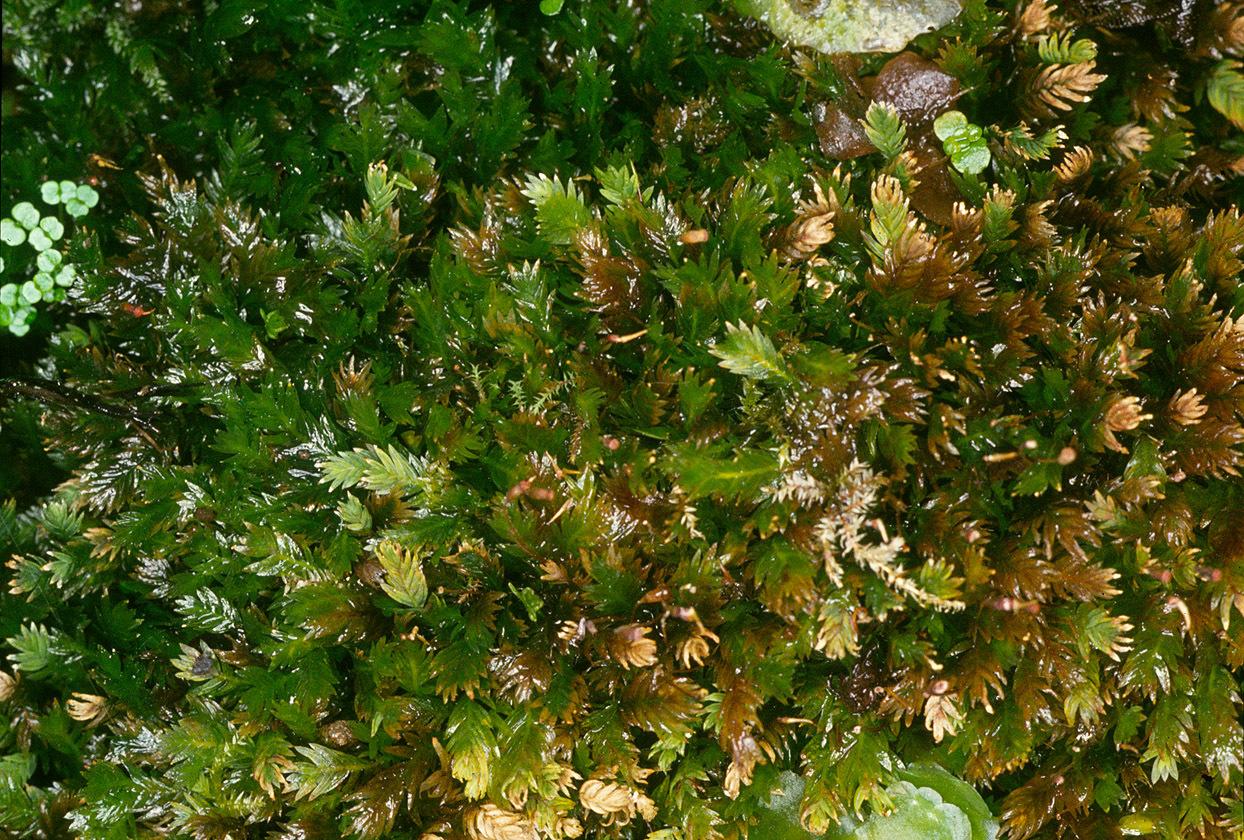 549.BI-image-52845.jpg from: https://eol.org/pages/925201 |
| Common Name | Crisped Fissidens Moss |
| Growth Form | Acrocarpous |
| Leaf Arrangement | Distichous (two rows) |
| Leaf Shape | Lanceolate, crisped when dry |
| Habitat | Moist soil, rocks, tree bark, disturbed areas |
| Distribution | Widespread across Europe, Asia, Africa, and North America |
Conclusion
The Fissidens crispus Mont. moss, with its intricate morphology, global distribution, and ecological significance, truly embodies the wonders of the bryophyte world. From its ability to withstand desiccation to its role in maintaining soil moisture and facilitating plant growth, this unassuming moss deserves our admiration and appreciation. As we continue to explore the intricate tapestry of nature, let us ponder: What other hidden gems await discovery in the realm of bryophytes, and how can we better protect and preserve these invaluable components of our ecosystems?
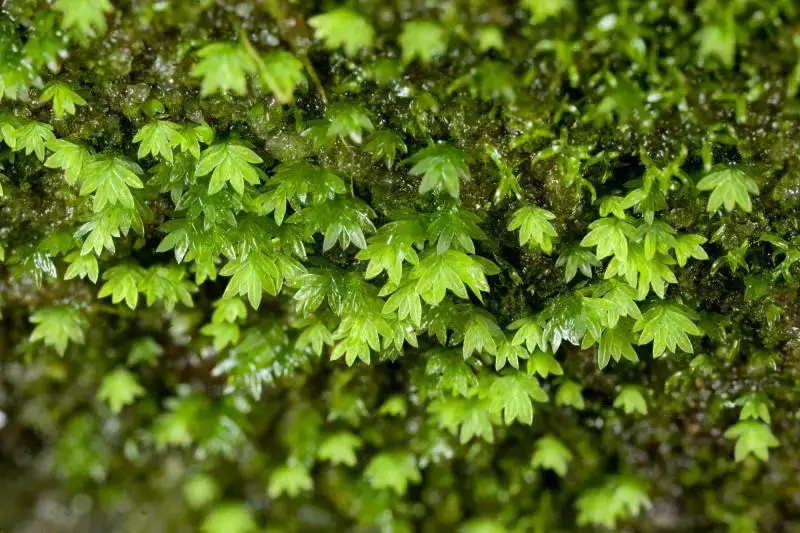
Fissidens-bryoides-21-800×533.jpg from: https://ohiomosslichen.org/moss-fissidens-bryoides/